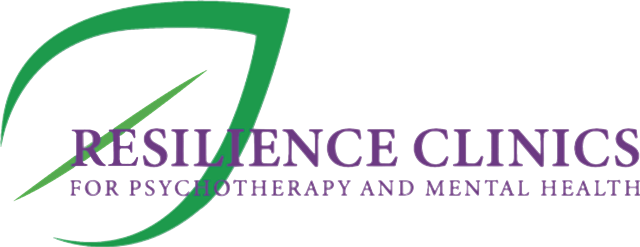Trauma-Informed Care
Overview
Trauma-informed care training provides health care teams and professionals with the tools to recognize the extent and effects of patients’ traumatic life experiences. Traumatic experiences, particularly those that take place during childhood, can have profound consequences on an individual’s health status and life quality, and they are often linked to higher rates of mental illness, addiction, and suicide.
The trauma-informed care program aims to help workers provide effective mental health care that takes into account patients’ past and present trauma. Using a trauma-informed approach in treatment will improve patients’ engagement levels and lead to better health outcomes.
Objectives
- Learn the definition and types of trauma and stress
- Recognize the stages of a stress response
- Learn the effects of trauma and the three E’s of trauma
- Recognize the difference between a normal stress reaction and a post-traumatic stress reaction
- Understand the connection between trauma and memory
- Understand the concept of resiliency and learn protective factors
- Learn interventions to address the effects of trauma
- Learn how to use a trauma-informed approach for MHPSS providers
How does it work?
The training material will be delivered by one of our specialists either virtually or at our office in downtown London, Ontario. An evaluation process will be used to monitor learner progress. Contact us to book a training session for your team or for any other inquiries.

